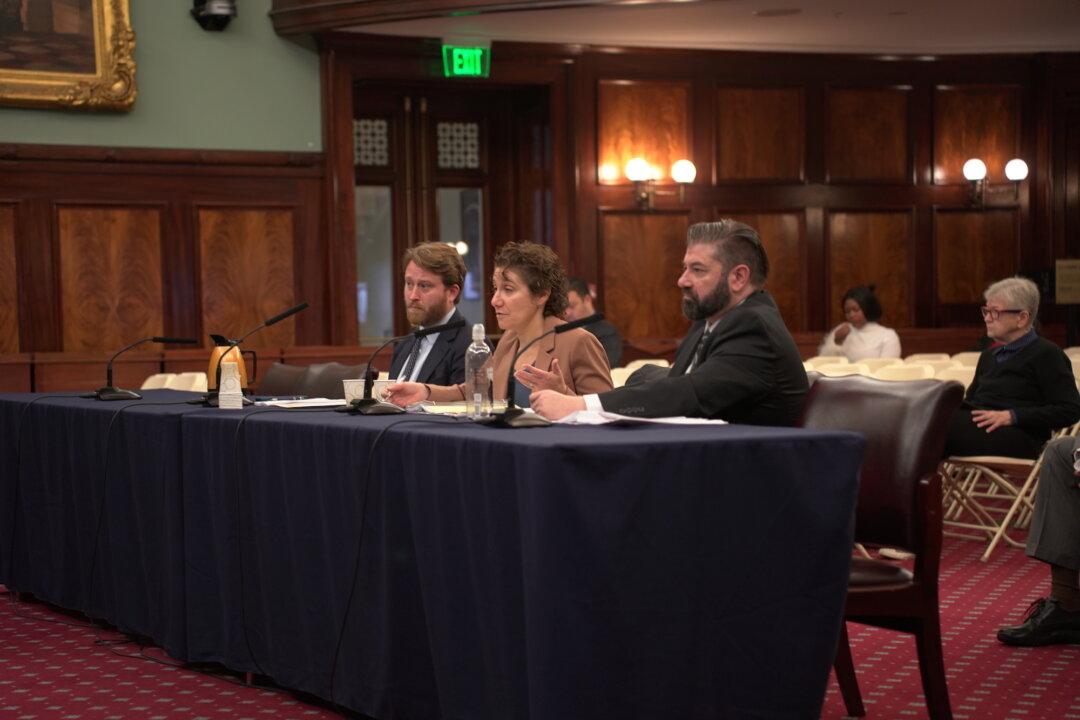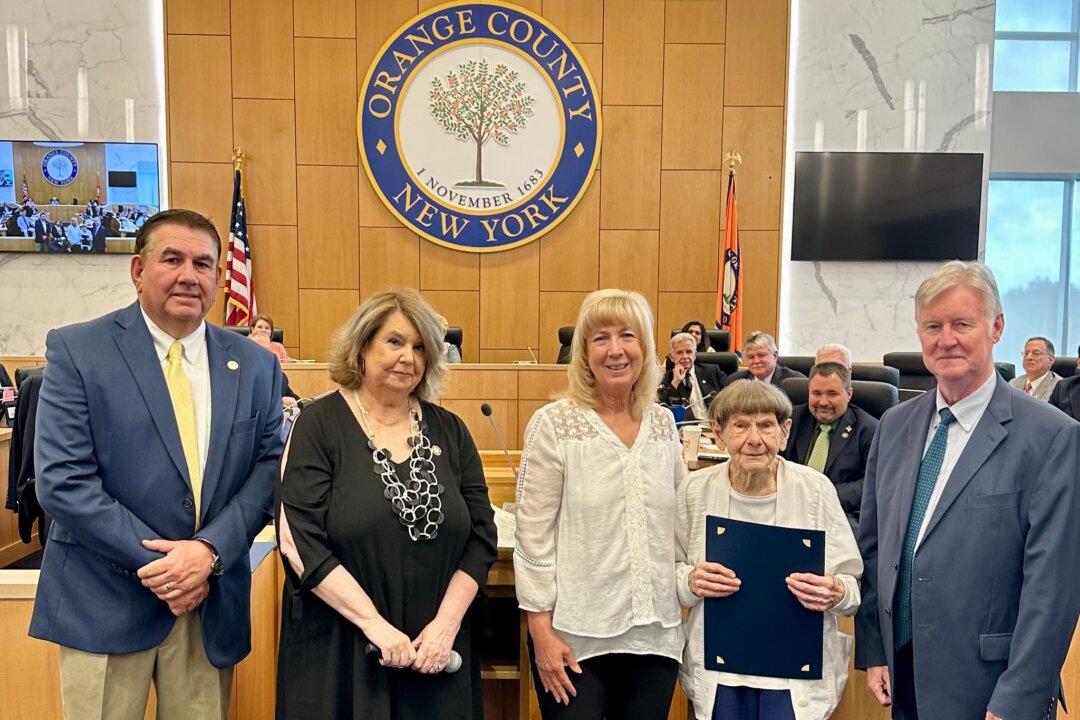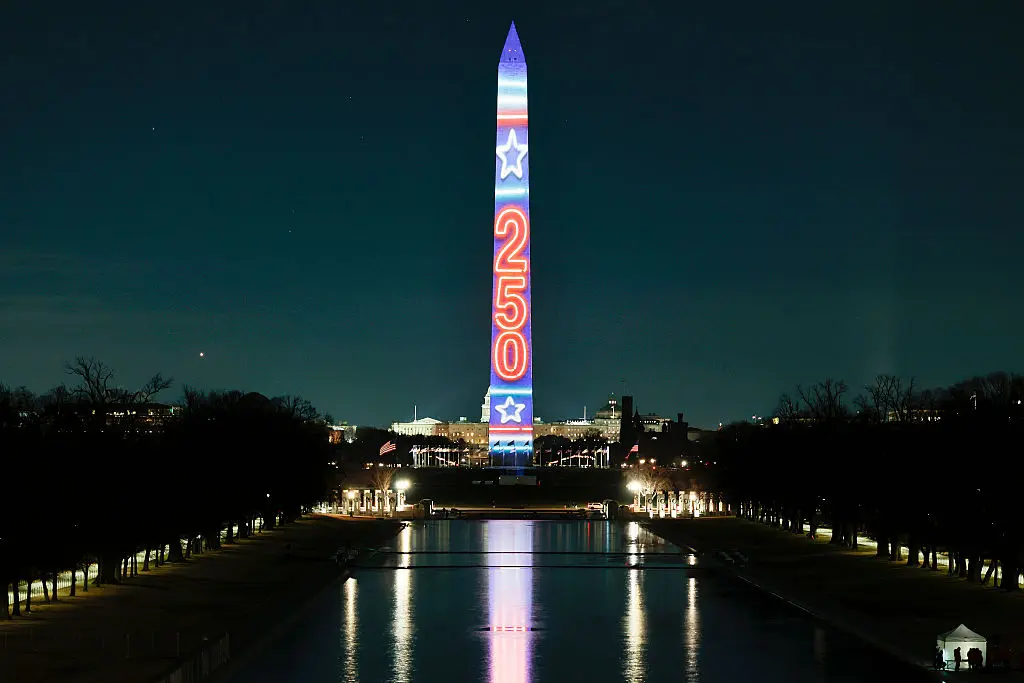NEW YORK CITY—A recently released 2021 investigation into the $4 billion NYC shelter system reported mismanagement, nepotism, and money-guzzling higher-ups. In three years, improvements and changes have been made to the struggling system.
At a Committees on Oversight and Investigation, General Welfare, Finance, and Contracts joint oversight hearing oversight hearing on Dec. 17, Commissioner of the Department of Social Services (DSS) Molly Wasow Parker, DSS Chief Accountability Officer Bedros Boodanian, and Special Counsel at the Mayor’s Office of Contract Services Charles Diamond answered inquiries about the implementation of 23 policies recommended by the city’s Department of Investigation (DOI) in 2020.





